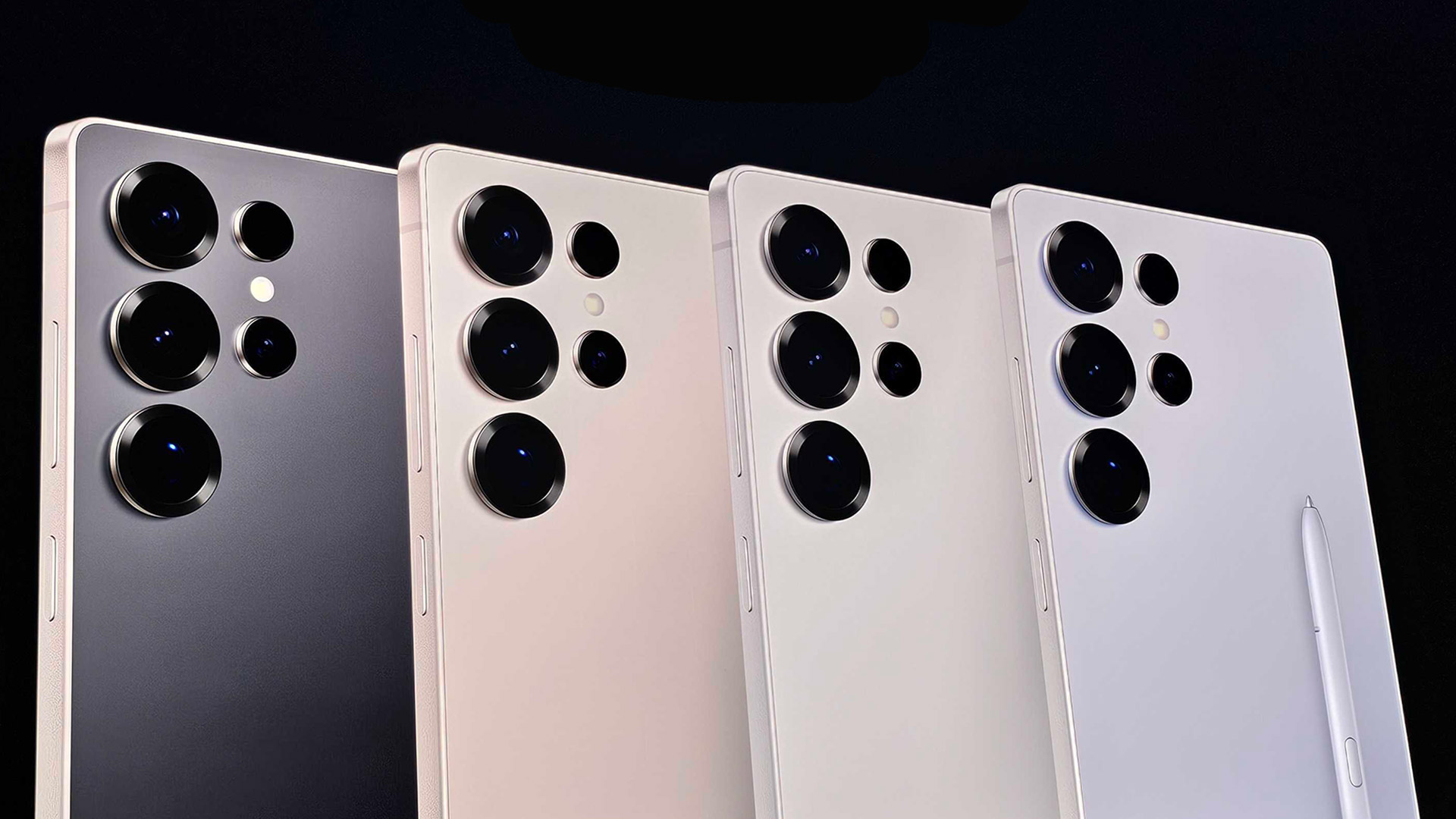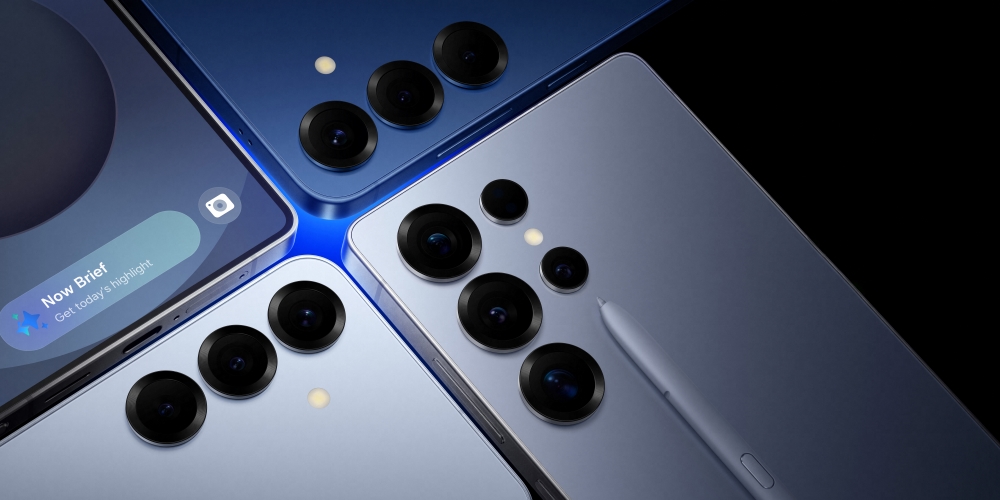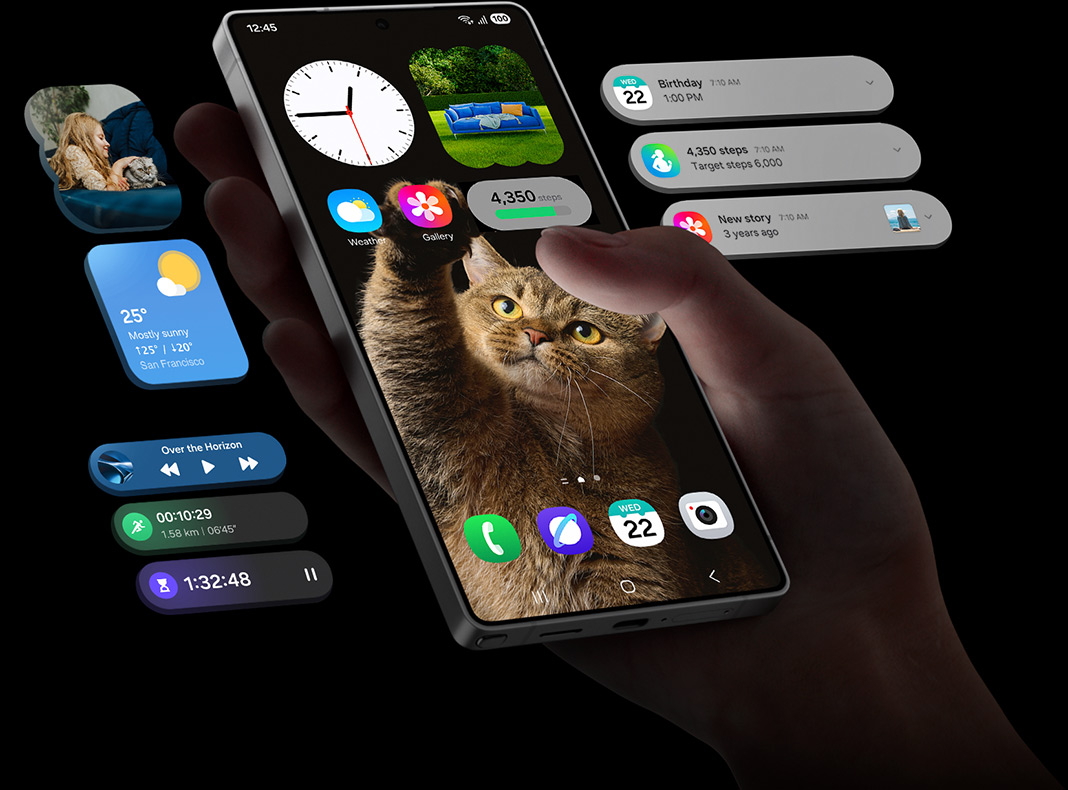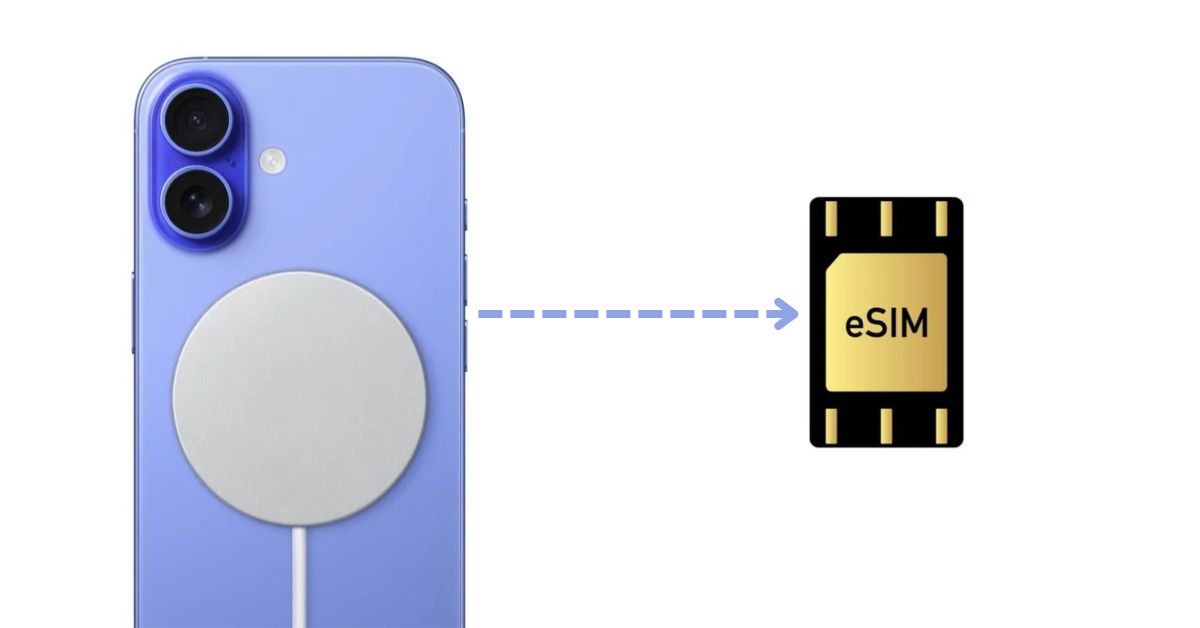Artificial intelligence (AI) has become a driving force in modern smartphones, transforming the device in your pocket into something far beyond a communication tool. From enhancing photography to personalizing user experiences, AI is now a must-have feature that defines the cutting edge of mobile technology. But what exactly does AI do in smartphones, and where is it heading next?
This blog explores the rise of AI in smartphones, the features it enables, and how it’s reshaping what users can expect from their devices. For those who love to stay ahead of the tech curve, this is your roadmap to understanding the role of AI in the smartphone revolution.
| Feature | Description | Example Use Case |
|---|---|---|
| AI-Powered Cameras | Enhances image quality using computational photography techniques. | Automatically improves low-light photos. |
| Voice Assistants | Understands and responds to user commands through natural language processing. | Scheduling reminders or setting alarms. |
| Predictive Text Suggestions | Learns typing habits to suggest relevant words and phrases. | Faster and more accurate text messaging. |
| Battery Optimization | Monitors app usage and adjusts power consumption to extend battery life. | Longer battery performance throughout the day. |
| Facial Recognition | Uses AI algorithms to analyze facial features for secure authentication. | Unlocking devices quickly and securely. |
| Real-Time Language Translation | Processes and translates spoken or written language instantly using deep learning models. | Effective communication across languages. |
This table outlines some of the key AI-driven features in smartphones, demonstrating how AI elevates everyday user experiences with intelligent tools and optimizations.
What AI Brings to Smartphones
AI integration is no longer a premium feature for flagship devices; it’s becoming a standard. This technology enables smartphones to be smarter, faster, and more responsive to user needs. Build a better understanding of how AI plays a crucial role in modern smartphones by exploring its key features below.
AI-powered Camera Enhancements
Ever wondered why your smartphone can capture stunning photos in any condition? AI is the reason. AI’s role in smartphone cameras involves:
- Scene Recognition: AI detects whether you’re photographing a beach, a lush forest, or nighttime cityscapes, and adjusts the settings automatically. For instance, Apple’s iPhones and Google Pixel phones use AI computational photography to enhance images with incredible detail and balance.
- Portrait Mode: AI separates the subject from the background to generate a professional-looking blur (bokeh) effect.
- Improved Low-light Performance: Night mode uses AI algorithms to stack multiple images and brighten low-light conditions without sacrificing clarity.
These features not only make photography more enjoyable but also ensure consistently great outcomes with minimal input.
Voice Assistants
Virtual assistants like Siri, Google Assistant, and Bixby are AI at work. They utilize natural language processing (NLP) to understand and respond to your commands. With voice assistants, users can:
- Set reminders, play music, or control smart home devices seamlessly.
- Perform searches and retrieve information without needing to type.
- Engage in increasingly contextual and relevant conversations, as AI improves with machine learning.
These assistants have made multitasking more efficient, offering hands-free convenience in both professional and personal settings.
Predictive Text and Smart Keyboards
AI tools anticipate what you’re about to type before you do. Keyboards such as Gboard and SwiftKey rely on machine learning to:
- Suggest the next word or phrase based on your typing habits.
- Auto-correct grammar and spelling errors intelligently.
- Learn your unique vocabulary over time, tailoring suggestions to your writing style.
This transforms the way users communicate, making typing faster, easier, and more intuitive.
AI-Powered Security
AI has upgraded smartphone security with advanced methods of unlocking and protecting devices. Features like facial recognition and fingerprint scanning are powered by AI algorithms. Here’s how it works:
- Facial Recognition: AI maps and learns your facial features in detail, providing highly secure device access.
- On-Device Threat Detection: AI proactively identifies potential fraud attempts or suspicious app activity, providing alerts to protect user data.
Adaptive Battery and Performance
AI learns user habits to optimize resource allocation. For example:
- Devices like Google Pixel or OnePlus learn your app-usage patterns to allocate battery power where it’s most needed, ensuring a longer battery life.
- AI manages app performance in the background, prioritizing the tasks that matter most and reducing lag or slowdowns in daily use.
These small efficiencies, powered by AI, significantly enhance overall performance and usability.
Benefits of AI in Smartphones
AI in smartphones doesn’t just turn heads with futuristic features; it changes lives by adding convenience, boosting performance, and personalizing experiences. Here’s how it benefits users:
- Streamlined User Experiences: AI eliminates the frustration of complicated processes by predicting user preferences and simplifying navigation.
- Time-saving Automation: AI assistants tackle repetitive tasks, like scheduling meetings or recommending the fastest route home.
- Enhanced Performance: By intelligently managing resources (battery life, processing power), AI ensures users get a smooth, lag-free experience.
- Better Accessibility: AI-powered features like speech-to-text and screen readers help make smartphones accessible to users with disabilities.
AI transforms smartphones into tools that feel personal, responsive, and intelligent, catering to the individual needs of each user.
Challenges of AI in Smartphones
While AI offers incredible benefits, it’s not without its challenges. Addressing these issues is key to ensuring the technology grows responsibly:
Privacy Concerns
AI relies heavily on data to function effectively. However, this raises questions about how much personal data is being collected by companies and how securely it’s stored. For example:
- Voice assistants record conversations to improve language models, but sometimes this data is inadvertently shared.
- AI algorithms that track user habits may risk leaking personal information if not properly encrypted.
Security Risks
While AI enhances security, it’s also a potential vulnerability:
- Poorly designed AI systems may expose users to hacking and data breaches.
- Biometric recognition systems like facial IDs can sometimes be fooled, although advancements are improving reliability.
Algorithmic Bias
AI models reflect the data they’re trained on, which can lead to unintended bias or inaccuracies in results. For example:
- AI cameras may struggle to capture the nuances of darker skin tones due to inadequate training data.
Developers must remain transparent and proactive in addressing these concerns to build broad trust in AI technologies.
Future Trends in AI-Powered Smartphones
AI is rapidly evolving, and the future promises even more revolutionary changes in how smartphones interact with their users. Here’s what we can expect in the coming years:
Fully Personalized User Experiences
AI will learn enough about individual users to offer hyper-personalization. Imagine a device that automatically adjusts preferences based on mood, health metrics, or location.
Enhanced Augmented Reality (AR)
The pairing of AI with AR opens endless possibilities, from more immersive gaming experiences to advanced tools for shopping or remote collaboration. Apple’s ARKit and Google’s ARCore are already paving the way.
Conversational AI Evolution
Expect smarter and more context-aware conversations with voice assistants. Future systems could anticipate your needs even before you make a request.
Environmental Sustainability
AI-powered smartphones are likely to contribute to sustainability, optimizing energy usage and encouraging reuse or recycling with smart notifications.
Transforming the Smartphone Industry, One Feature at a Time
AI is undeniably at the core of the next wave of smartphone innovation. It redefines what is possible, from smarter cameras to intelligent performance optimization tools. However, as this technology advances, companies must address the privacy, security, and ethical concerns that accompany it.
For tech enthusiasts and early adopters, AI represents a thrilling frontier. The smartphone you hold in your hand today is just the beginning. With AI blazing the trail, the devices of tomorrow promise to be smarter, more intuitive, and even more aligned with the way we live our lives.

Dominic O. McCoy is a passionate writer who loves crafting engaging and informative blogs on a wide range of topics. With a deep curiosity and a knack for storytelling, he explores everything from lifestyle and technology to business and home improvement. Whether breaking down complex ideas or sharing practical tips, McCoy aims to deliver valuable content that resonates with readers. When he’s not writing, he enjoys learning about new trends and expanding his knowledge to bring fresh perspectives to his work.




























































































